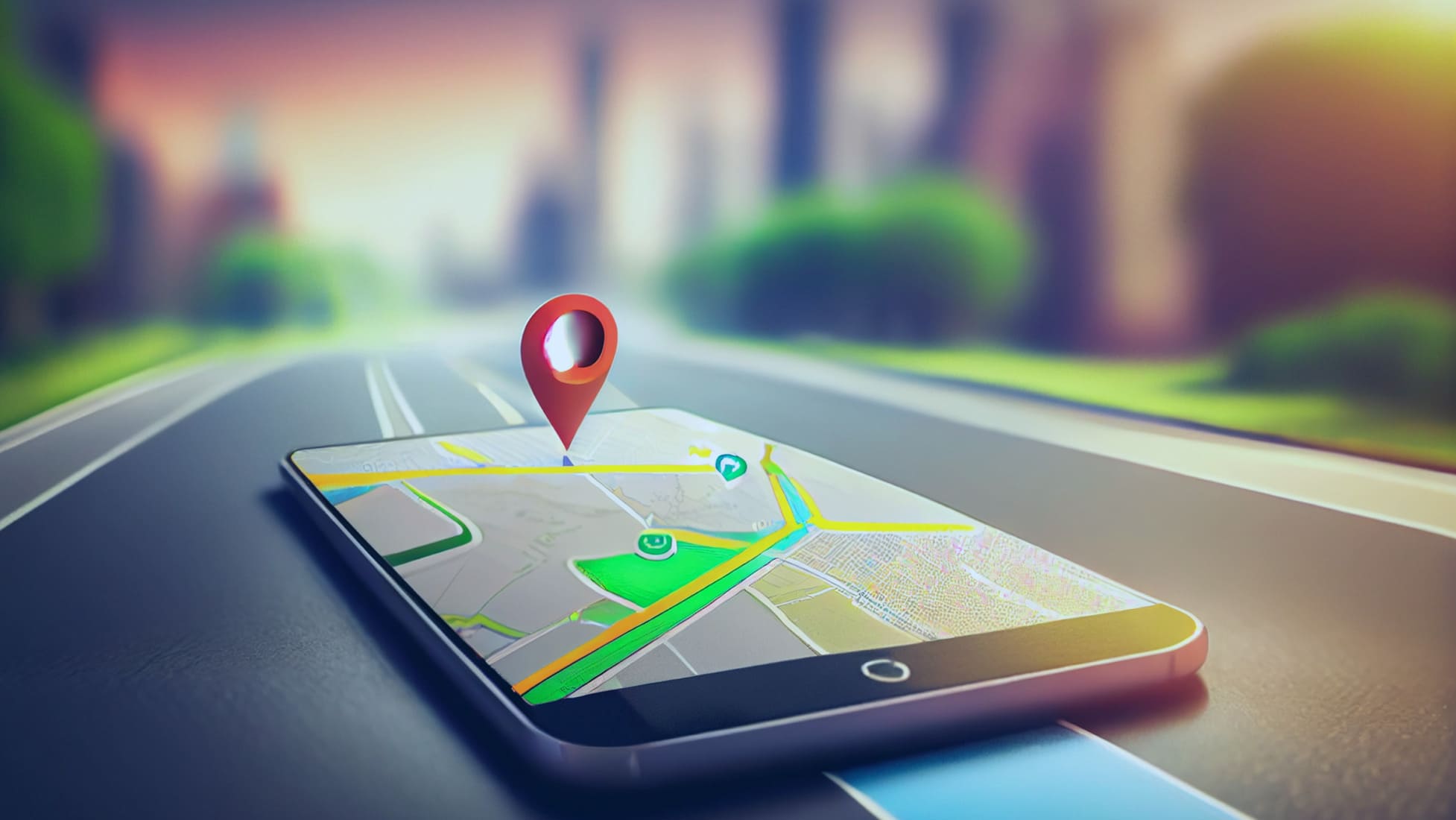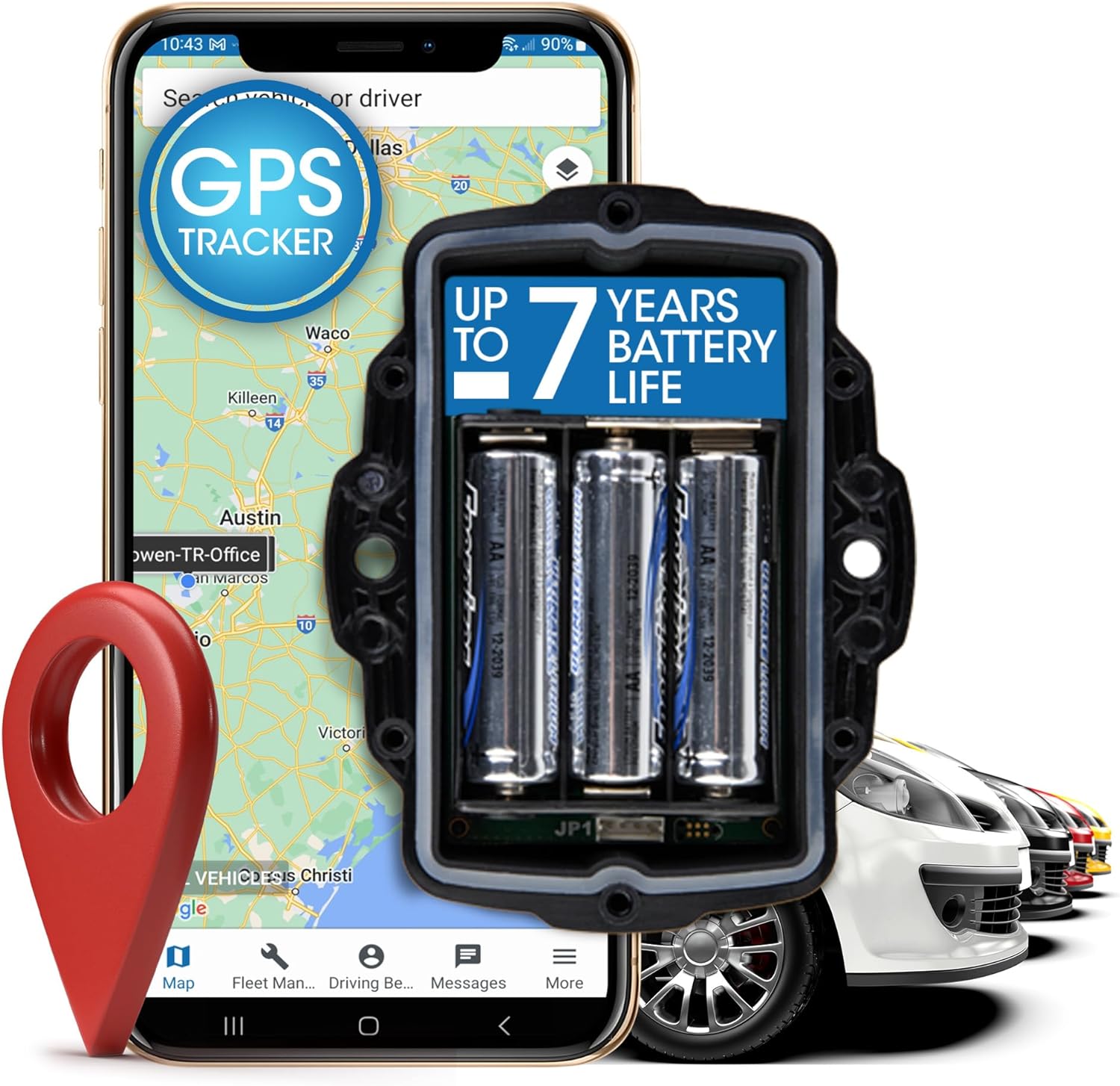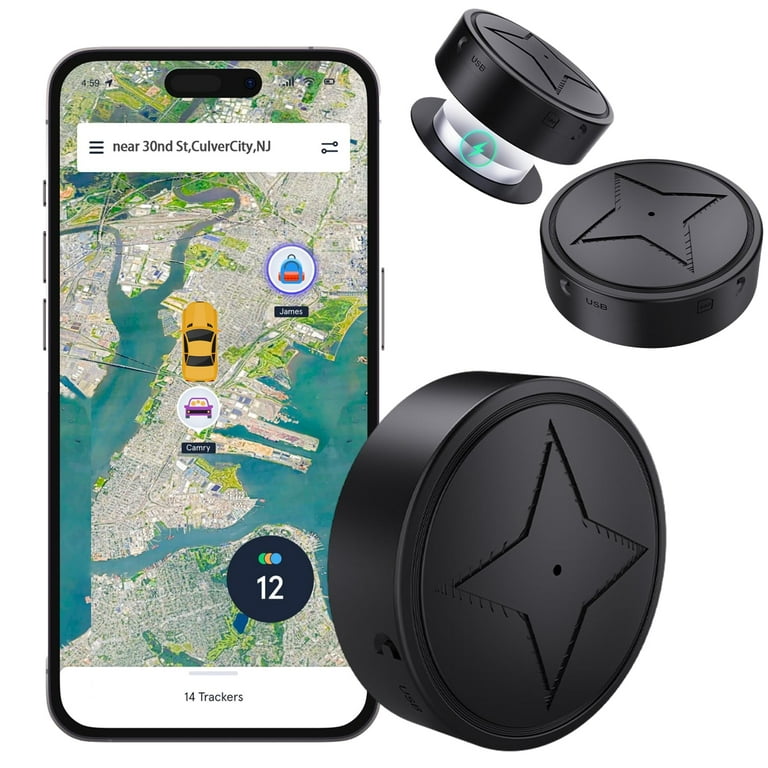Comprehensive Guide to GPS Tracking: Boost Protection and Effectiveness
Comprehensive Guide to GPS Tracking: Boost Protection and Effectiveness
Blog Article
Navigating the Future of GPS Monitoring: Advancements, Challenges, and Opportunities Ahead
As we stand at the crossroads of technical advancements and social implications, the landscape of general practitioner monitoring is poised for a transformative journey in advance. The evolution of GPS modern technology has been quick, ushering in a brand-new era of real-time tracking abilities that assure extraordinary degrees of accuracy and performance. However, with wonderful development comes wonderful duty, as data privacy concerns impend large and security difficulties in general practitioner monitoring raising essential inquiries concerning guarding delicate details. Yet, among these challenges lie hidden possibilities waiting to be explored, offering a glimpse into the untapped possibility of a sector at the brink of change.
Development of GPS Technology
Created for military objectives, GPS technology has developed to become an ubiquitous tool in various sectors, including transportation, logistics, agriculture, and personal navigating. Early GPS systems were characterized by limited coverage, lower accuracy, and bulkier hardware needs.
One secret turning point in the advancement of GPS innovation was the development of Selective Schedule (SA) in the 1990s, which deliberately broke down the precision of private General practitioner signals. As GPS modern technology continues to develop, we can expect further improvements in precision, coverage, and efficiency, opening up new possibilities for development and applications across different industries.
Real-Time Monitoring Developments
Structure on the innovations in GPS technology that have actually reinvented accuracy and protection, real-time tracking has actually emerged as a critical location of technology with extensive ramifications throughout different industries. Real-time tracking innovations make it possible for companies and companies to keep an eye on workers, automobiles, and properties immediately, offering valuable understandings for decision-making procedures - gps tracking. By leveraging real-time information, firms can boost operational performance, improve customer support, and ensure the security and security of their assets
Among the essential advancements in real-time tracking is the assimilation of synthetic intelligence and artificial intelligence algorithms, which allow predictive analytics and anomaly discovery. These capabilities permit positive upkeep scheduling, route optimization, and danger mitigation approaches. In addition, the development of real-time monitoring systems has actually led to the development of mobile applications and personalized dashboards, equipping customers to gain access to vital info anytime, anywhere.
Information Privacy Concerns

Information personal privacy problems incorporate numerous aspects, including the storage, sharing, and retention of area data. Services have to execute durable protection actions to safeguard general practitioner monitoring information from cyber hazards and data violations. Transparent policies relating to data collection methods and the function of monitoring are necessary to develop trust fund with consumers and guarantee compliance with data defense regulations.

Security Obstacles in GPS Tracking
Dealing with data personal privacy problems in GPS monitoring is delicately connected to minimizing the safety challenges that arise from prospective susceptabilities in the innovation. One of description the key security challenges in GPS monitoring is the danger of unapproved access to pop over to this site sensitive place information - gps tracking. Cyberpunks might intercept general practitioner signals, manipulate area details, or perhaps track people without their authorization. This not only attacks personal privacy yet likewise presents significant security risks.

Another protection obstacle is the potential for obstructing or spoofing GPS signals. By relaying false signals or interfering with genuine ones, harmful stars can trick GPS receivers and control location data. This positions dangers not just for specific users but likewise for military and governmental applications that count on accurate positioning information. Applying durable file encryption, verification measures, and signal confirmation protocols are critical steps in dealing with these safety and security challenges in GPS monitoring.
Arising Opportunities in the Industry
The expanding area of General practitioner monitoring modern technology offers a myriad of encouraging possibilities for market growth and development. One crucial possibility lies in the expansion of GPS monitoring applications beyond conventional markets. General practitioner tracking can transform client treatment by making it possible for remote surveillance of essential indicators and making sure prompt medical assistance.
Additionally, the raising demand for linked devices and IoT options provides a ripe possibility for General practitioner tracking companies to expand their offerings and develop ingenious options that cater to a more linked world. By utilizing on these arising chances, General practitioner tracking business can place themselves for continual growth and success in the dynamic landscape of the industry.
Verdict
In verdict, the future of GPS tracking is marked by continual evolution and advancement in innovation. As the sector relocates onward, navigating these difficulties will certainly be critical to make certain the continued development and success of GPS monitoring innovation.
With terrific technology comes excellent obligation, as information privacy problems loom large and safety and security challenges in GPS tracking raise significant questions concerning guarding delicate information.With the rapid proliferation of General practitioner monitoring technology go to website in numerous industries, dealing with data personal privacy issues has actually ended up being an essential essential for both businesses and consumers alike. The collection of area data with General practitioner monitoring increases considerable personal privacy problems, as it allows the surveillance of people' actions and movements. Services using General practitioner tracking need to focus on safeguarding this data to avoid unapproved access or misuse that might jeopardize individuals' personal privacy legal rights.
Businesses need to carry out robust safety steps to safeguard GPS monitoring data from cyber risks and data violations.
Report this page